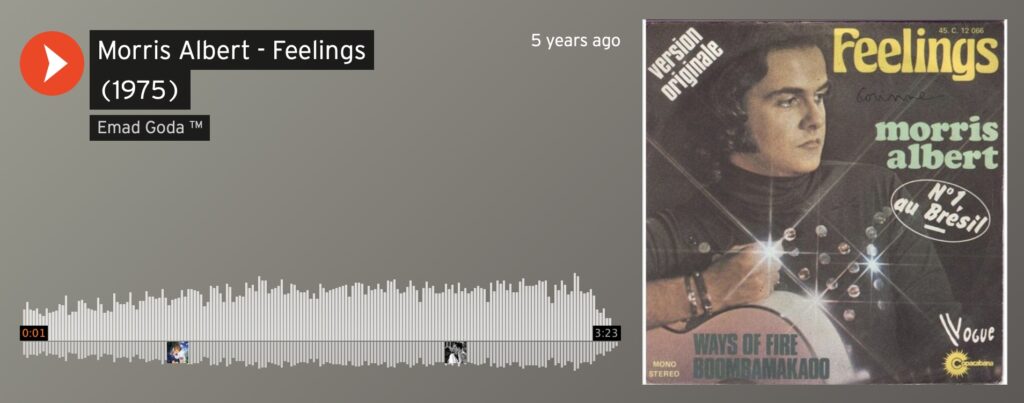That’s easy. Don’t be a language peever. It generally violates Wheaton’s Law and there’s always the danger of exposing one’s own ignorance of language.
Well, easier said than done for some of us. People who write are also frequently in the business of teaching writing (which seems cruel, but there it is) and—no matter how descriptivist they are by temperament—they have to develop prescriptive standards so that they can distribute Fs in a principled manner. Anyway, writers must edit their own writing, or content themselves with looking like an idiot, and prescriptivism creeps in that way. There’s no escape, except to restrict one’s self-expression to TikTok dancing videos.
How to distinguish a valid prescriptive principle from mere peeving? Feelings, I think.

If you feel very strongly some language expression is wrong and that nobody should write or talk that way, but can’t properly articulate why, that’s almost certainly a mere peeve of yours that you should get over.
There are a bunch of pseudo-reasons that peevers use to conceal from others and themselves that their objection is unprincipled and rests on mere authority (e.g. their own ego, or their memory of their 5th grade teacher Ms. Whatshername, or Fowler, etc). Chief among these is “clarity”; peevers like to insist that language is unclear unless it abides by their dictates. But a certain amount of ambiguity is inherent in language, and understanding generally requires some kind of good-faith effort on the part of the speaker/writer, but also the listener/reader. If you, as the reader, candidly assess that the piece of language is reasonably clear, then turn on the peever and cast them into the outer darkness where there shall be wailing and gnashing of teeth–even if the peever is part of yourself. If thy peeve offend thee, pluck it out.
These comments come to you courtesy of a New Yorker essay where a capable and self-aware writer pursues his objection to a type of expression without ever coming to grips with a valid reason why he objects to it. Nothing could be more futile–except someone objecting to someone who objects to something without valid reason for his objection… which is what I’m doing, I guess.

